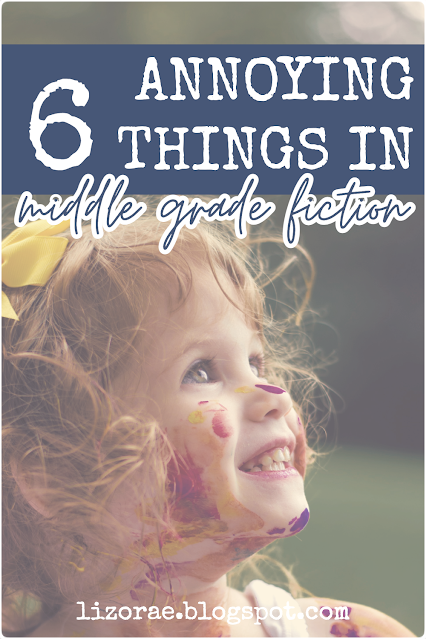5th Week Update

Hey authors! It's another Fifth Week Update . Enough with the introduction, let's get straight into what's up the past three months. Milestones Finally, finally, finally. I think I've hit my stride with the posts. It's easier to just start writing and to keep writing. I've become one with the flow, my dudes. Source: Giphy Blogging hasn't been a major challenge, but it was hard to start. Now, 27 posts later, my writing quantity has increased, I've become better at explaining and I write faster. (I hope.) Once again, I've changed my pin design. I'm still trying to find one that fits but I'm getting there. I've changed my formatting for the LFTM posts starting from 11 Lessons From John Flanagan's Writing . It's more book reviewy than before. Way easier to write too. :p New Posts Missed any posts from the last FWU ? Here's a list. Writing Is A Real Job! An Author's Purpose Lost Your Writing Voice? How To Get It Back Disney...



